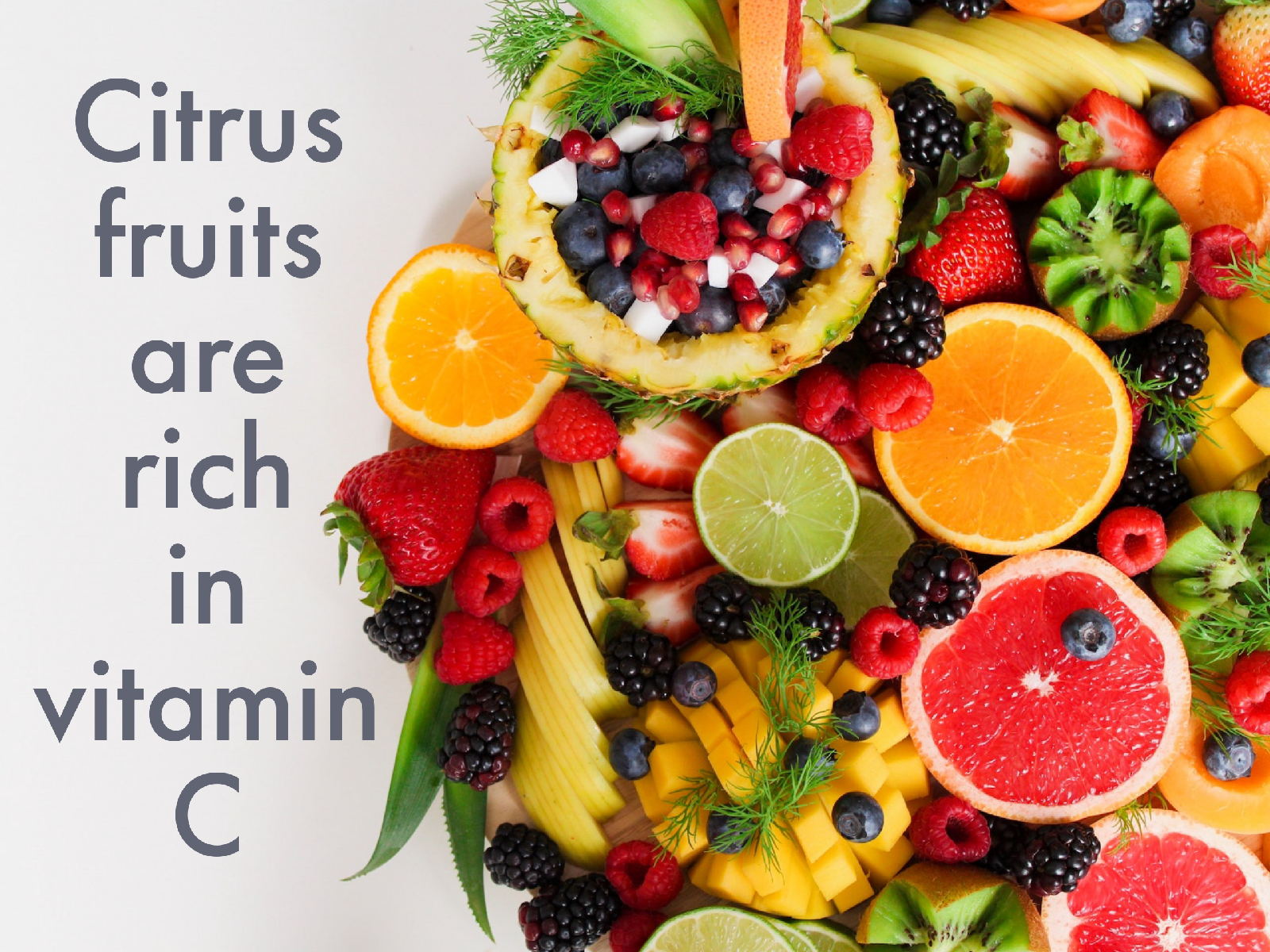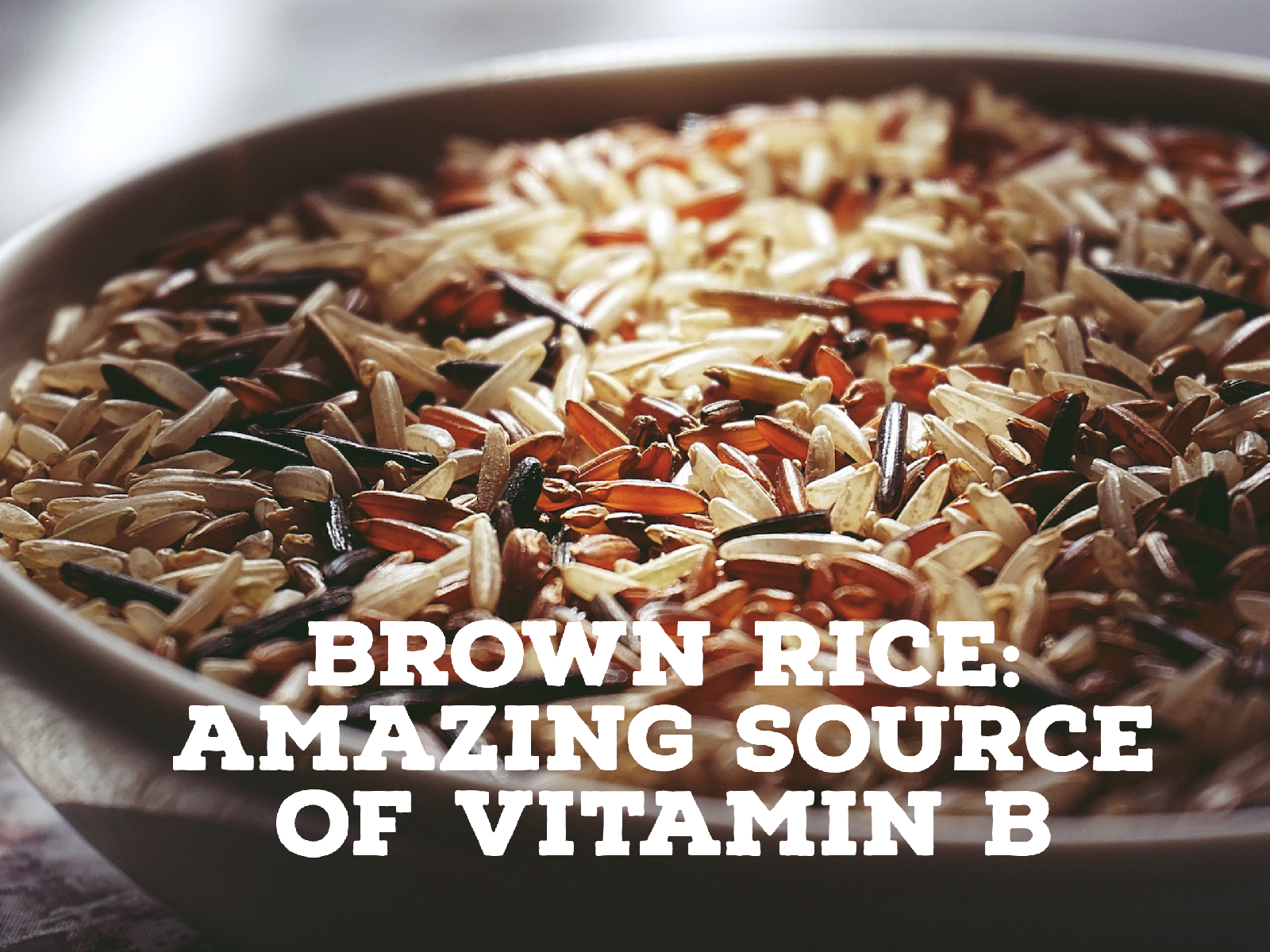Are you tired of that stubborn belly fat that just won't seem to disappear? Well, you're not alone. Belly fat isn't just a cosmetic concern; it can also impact your health significantly. According to recent statistics, [insert compelling statistic about the prevalence of belly fat and health risks].
In this blog, we will delve into the world of vitamins and their role in helping you shed that unwanted belly fat. You'll discover how these essential nutrients can play a vital role in your weight management journey.
Understanding Belly Fat
Before we dive into vitamins, let's get to know our enemy: belly fat. There are two main types of belly fat, and understanding them is key to addressing the issue.
Subcutaneous Fat:This is the fat you can pinch between your fingers. While it's not entirely harmless, it's less concerning than its counterpart.
Visceral Fat: This is the hidden enemy, lurking around your internal organs. It's associated with a higher risk of various health issues, including heart disease and type 2 diabetes.
Factors contributing to the accumulation of belly fat are multifaceted. Genetics, diet, and lifestyle choices all play a role. Understanding these factors can help you make informed choices.
Role of Vitamins in Weight Management
Vitamins are not just there to fend off the common cold. They play a significant role in maintaining overall health and well-being. But did you know they can also influence your metabolism, energy production, and fat storage?
Vitamins that Aid in Losing Belly Fat
Vitamin D: The Sunshine Vitamin
Vitamin D is not just essential for strong bones; it also impacts fat metabolism. Studies suggest that adequate Vitamin D levels may help reduce belly fat.
Vitamin C: The Antioxidant Powerhouse
Vitamin C does more than fight off colds; it also helps reduce oxidative stress, potentially aiding in weight management.
Vitamin B: The Energy Boosters
The B vitamins, including B1, B2, B3, and B6, are crucial for energy production. When your energy levels are up, you're more likely to engage in physical activities that can help you shed those extra pounds.
Food Sources of These Vitamins
Now that you know which vitamins can help, let's talk about where to find them in your diet. Incorporating these foods into your meals can make a significant difference.
Vitamin D:
- Spend more time outdoors in the sun.
- Include fatty fish like salmon and mackerel in your diet.
- Opt for fortified dairy products like milk and yogurt.
Vitamin C:
- Load up on citrus fruits like oranges and grapefruits.
- Add bell peppers and broccoli to your meals.
- Don't forget strawberries and kiwi for a sweet Vitamin C fix.
Vitamin B:
- Opt for whole grains like oats and brown rice.
- Include lean proteins like chicken and turkey.
- Don't skimp on leafy greens like spinach and kale.
Supplements and Their Use
While it's ideal to get your vitamins from natural food sources, supplements can be a convenient option for those with deficiencies. However, always consult a healthcare professional before starting any supplement regimen.
Lifestyle and Diet Tips
To complement your vitamin intake, consider these tips for a healthier lifestyle and diet:
- Engage in regular exercise, including both cardio and strength training.
- Opt for a balanced diet rich in lean protein, fiber, fruits, and vegetables.
- Stay hydrated by drinking plenty of water throughout the day.
Common Myths and Misconceptions
Let's debunk some myths surrounding vitamins and weight loss:
- Myth: "Taking mega-doses of vitamins will melt away belly fat."
- Fact: Vitamins should complement a healthy lifestyle, not replace it.
Conclusion
In conclusion, vitamins can be valuable allies in your quest to lose belly fat, but they are not magic bullets. Remember, a holistic approach is key. Combine a balanced diet, regular exercise, and the right vitamins to achieve the best results. Always consult a healthcare professional before making significant dietary or lifestyle changes.




Comments
Post a Comment